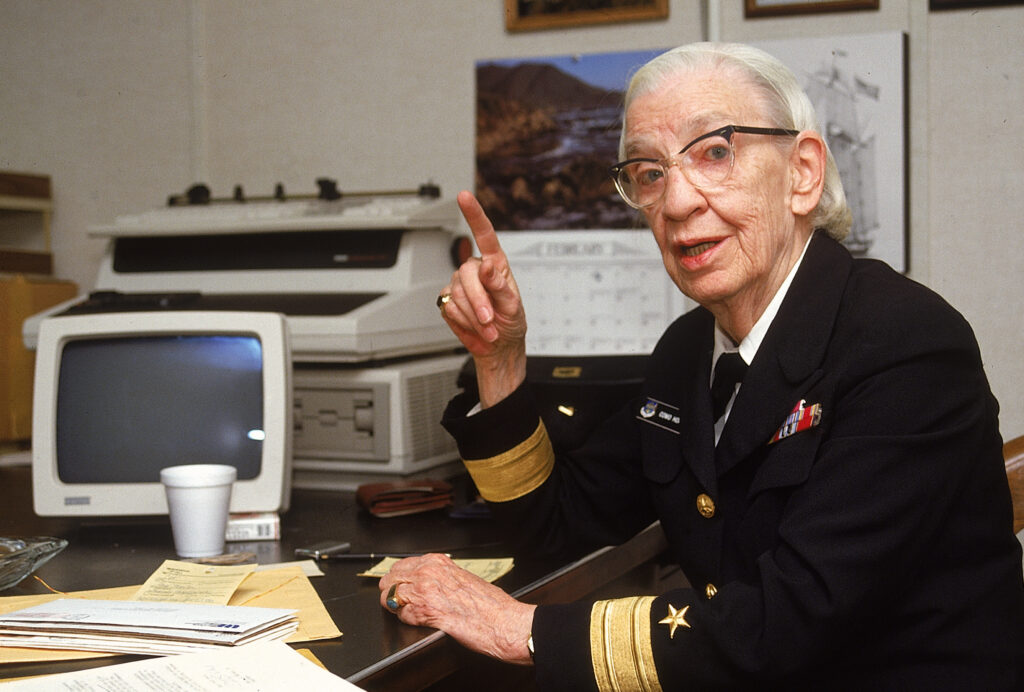Born Dec. 9, 1906, Grace Murray Hopper was, among other things, a brilliant mathematician and computer scientist; a high-ranking U.S. Navy officer; and a gifted teacher and communicator. So it’s not difficult to understand why she was nicknamed “Amazing Grace” by her subordinates in the Navy once upon a time. The New York native died in 1992 at age 85, but her trailblazing contributions left an indelible impression on the world.
Hopper’s academic reputation was nothing short of dazzling. She graduated Phi Beta Kappa (the country’s most prestigious academic honor society) from Vassar College in 1928, and went on to earn her master’s and doctorate in mathematics from Yale University. She taught the subject at Vassar until 1943, when the U.S.’s entry into World War II spurred her to join the Women’s Naval Reserve.
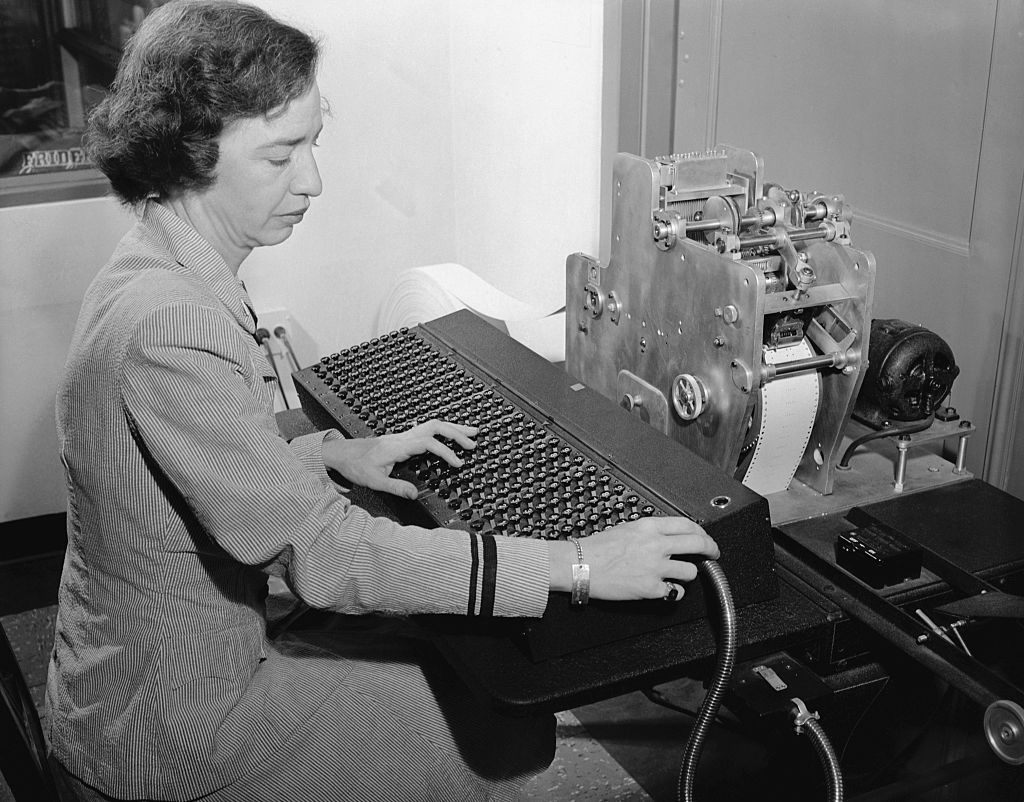
Hopper’s formidable intellect made its mark on computer science in countless ways. In 1944, she was commissioned as a lieutenant to join Harvard University’s Bureau of Ordinance Computation Project. There, she was tasked with writing code and a 500-page operating manual for the first-large scale digital computer, which would come to be called Mark I, according to the American Philosophical Society. She would go on to help develop the Mark II and Mark III as well.
In addition, Hopper was involved in the creation of the first all-electronic digital computer, UNIVAC, and she invented the first computer compiler (a program which was able to translate written instructions into codes that computers could utilize). She would furthermore develop a programming solution known as Flow-Matic, the first programming language to use English words as commands rather than mathematical symbols.
“What I was after in beginning English language [programming] was to bring another whole group of people able to use the computer easily … I kept calling for more user-friendly languages,” Hopper explained in a 1980 interview. She added: “Most of the stuff we get from academicians, computer science people, is in no way adapted to people.”
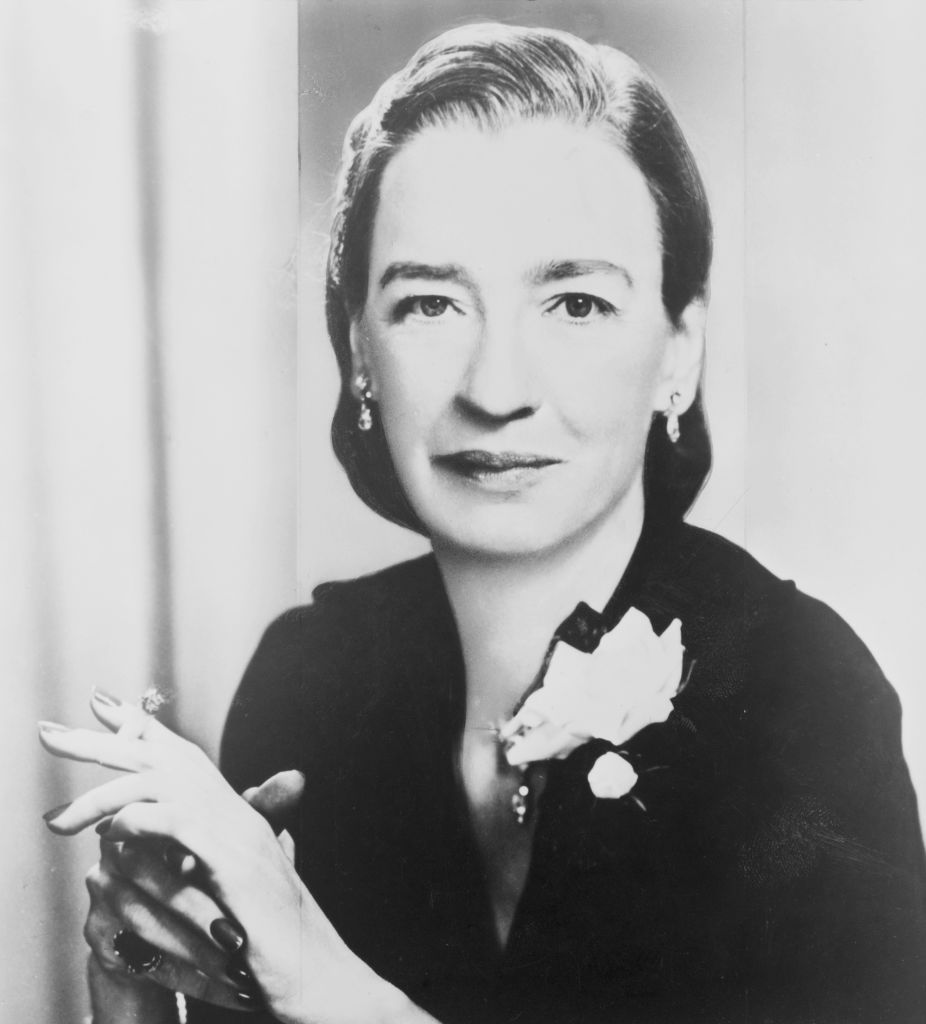
Hopper is also believed to be the first person to refer to a computer problem as a “bug,” and to refer to the process of “debugging” a computer, thanks to a problem that she and her colleagues encountered one evening in 1945, when, while working on the Mark II, they took the Mark II apart and discovered a large moth.
Despite her impressive talents and accomplishments, Hopper encountered her share of challenges along the way. In addition to the hurdles she faced due to her gender, in 1946, the Navy turned down her request for a regular commission due to her age, which resulted in Hopper leaving active service. She would leave Harvard not long after when it became apparent that a promotion or tenure was not in her future at the illustrious institution.
While enjoying a successful career in the private sector, Hopper remained a Navy reservist, but in 1966, age restrictions forced her to retire from the armed forces, which Hopper referred to as “the saddest day of my life.” Seven months later, though, at age 60, she was recalled to active service when the Navy required her expertise in standardizing multiple computer languages. She remained on active duty for another 19 years.
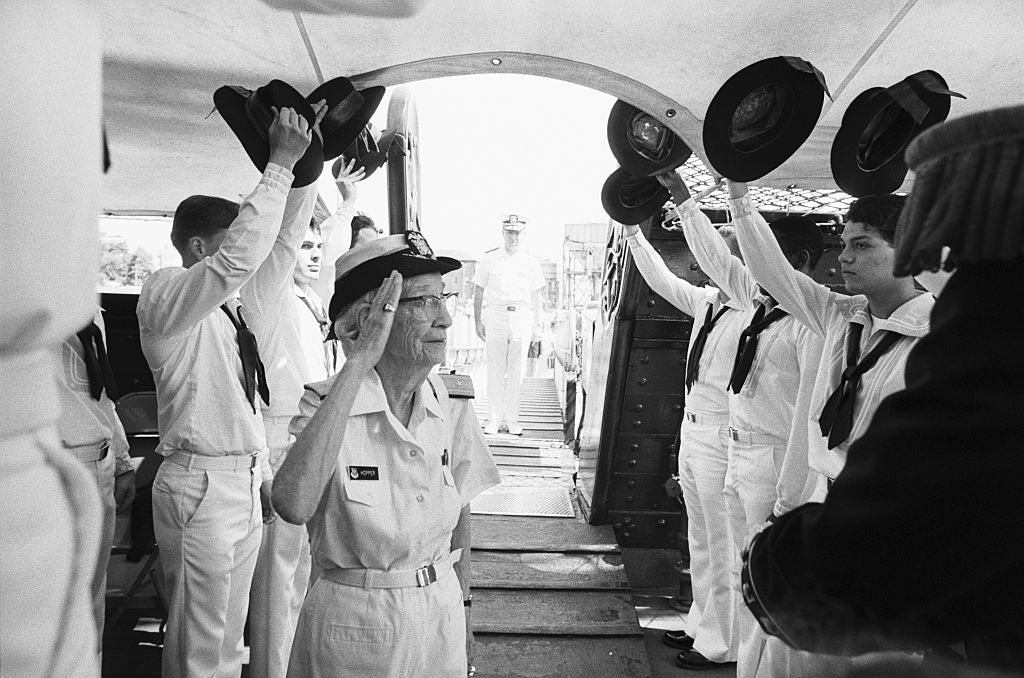
In 1972, Hopper received Yale’s award for outstanding alumni, the Wilbur Lucius Cross Medal. The following year, she became the first woman and the first American to become a Distinguished Fellow of the British Computer Society, per the National Women’s History Museum.
At 79, Hopper was the oldest serving officer in the U.S. Armed Forces when she finally retired as a rear admiral. But idle retirement wasn’t exactly Hopper’s style; that same year, she began work as a senior consultant in public relations at the Digital Equipment Corporation. She would remain working there until a year before her death.
In 1996, the Navy honored Hopper’s many accomplishments by naming a ship — specifically a guided-missile destroyer — after her: the USS Hopper. And two decades later, in 2016, the “Queen of Code” was posthumously awarded the nation’s highest civilian honor — the Presidential Medal of Freedom — lauding her “lifelong leadership role in the field of computer science.” She also received more than 40 honorary degrees in her lifetime, and numerous scholarships, professorships, awards, and conferences bear her name, including the annual Grace Hopper Celebration conference.
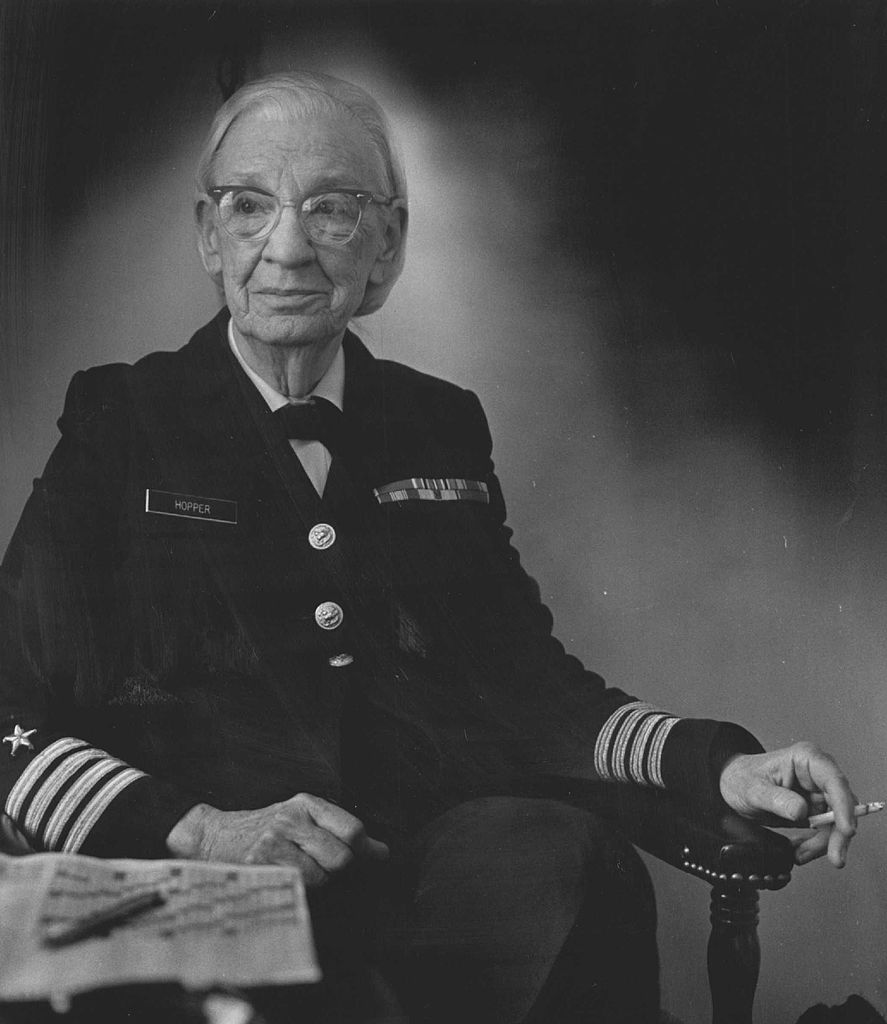
A year before her passing, in 1991, President George H. W. Bush awarded Hopper the National Medal of Technology and Innovation “for her pioneering accomplishments in the development of computer programming languages that simplified computer technology and opened the door to a significantly larger universe of users.” She was the first individual woman to receive this honor.
When accepting the award, Hopper said, “If you ask me what accomplishment I’m most proud of, the answer would be all the young people I’ve trained over the years; that’s more important than writing the first compiler.”
